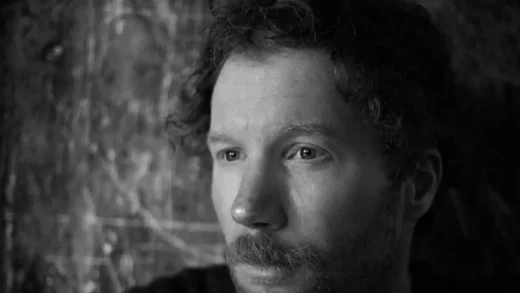
Martin De Ruyter/Stuff
Tasman district mayor Tim King, pictured at the council swearing in ceremony at Te Āwhina Marae in Motueka expects to have a closer working relationship with Te Tauihu iwi this term.
An iwi representative with voting rights is to be appointed to each of Tasman District Council’s three standing committees for the 2022-25 term.
Another role for an iwi representative will also be established on the full council but in an advisory capacity only, without voting rights.
At the first ordinary council meeting of the term on Thursday, elected members agreed to the creation of the roles, noting that the chairs of Te Tauihu iwi will nominate the representatives and a further report will come back to the council to make the appointments.
Councillor Chris Hill referred to the decision to establish iwi representative roles on the council operations; regulatory; and strategy and policy committees as significant.
READ MORE:
* Tasman District Council elected members take oaths of office on marae
* Mixed reaction to Nelson City Council’s Māori Ward decision
* Top of the south iwi back Māori Ward proposal
Braden Fastier/Stuff
Councillor Chris Hill says the council establishment of iwi representative roles is “the right thing to do”.
“This is a really significant time for Tasman District Council … and I’m very pleased that we are; it’s the right thing to do,” she said.
Inclusion of iwi representatives on committees had been “happening in other councils, for a long time in some cases”, Hill said.
The decision comes after the possibility of a representation review in May 2021 to consider the establishment of a Māori ward for the council in time for the local elections in October was considered “out of cycle”.
Since then, “a lot of work has gone into our relationship [with iwi]”, Hill said.
“It’s great to know, isn’t it, that this isn’t something we’ve cooked up but that the mana whenua iwi are supportive of the approach we’re taking in this case.”
A staff report on the matter points out that Te Tauhiu iwi chairs had recommended and supported the arrangements.
“There is potential for one individual to fill one, some, or all the positions, or different individuals could fill one position each,” it says. “Staff recommend the creation of the iwi representative roles to enable better inclusion of Māori in council’s decision-making, as required by the Local Government Act. This will also enhance relationships between the council and iwi/Māori.”
Martin De Ruyter/Stuff
Iwi representatives are set to take their place around the Tasman District Council table at its full meetings along with the gatherings of its three standing committees.
It is proposed that each of the three iwi representatives on the standing committees will rotate as the non-voting advisory member at council meetings for one year of the three-year term.
Those roles would require remuneration for which there was a budget for the 2022-23 financial year.
The appointment of non-elected members with suitable expertise is nothing new for the council with independent members sitting for years on the likes of the audit and risk, and enterprise committees.
King told his fellow elected members some people perceived that by improving a relationship with one group, it was “somehow to the detriment of relationships with anyone else”.
BRADEN FASTIER / STUFF
Tasman district mayor Tim King has been returned for a second term. He outlines some of the challenges ahead for Tasman District Council. Video first published on October 8, 2022.
“In my view, that’s just completely the wrong way to look at it,” he said. “The better we can work with all the different parts of our community, the better off we are collectively.”
Meanwhile, re-elected councillors are to take the helm of the council’s three standing committees with Kit Maling as chairperson of the strategy and policy committee, Hill heading the regulatory committee and Christeen Mackenzie in charge of the operations committee.
All elected members sit on those three key committees where, along with full council, the majority of the unitary authority’s governance workload is completed.


